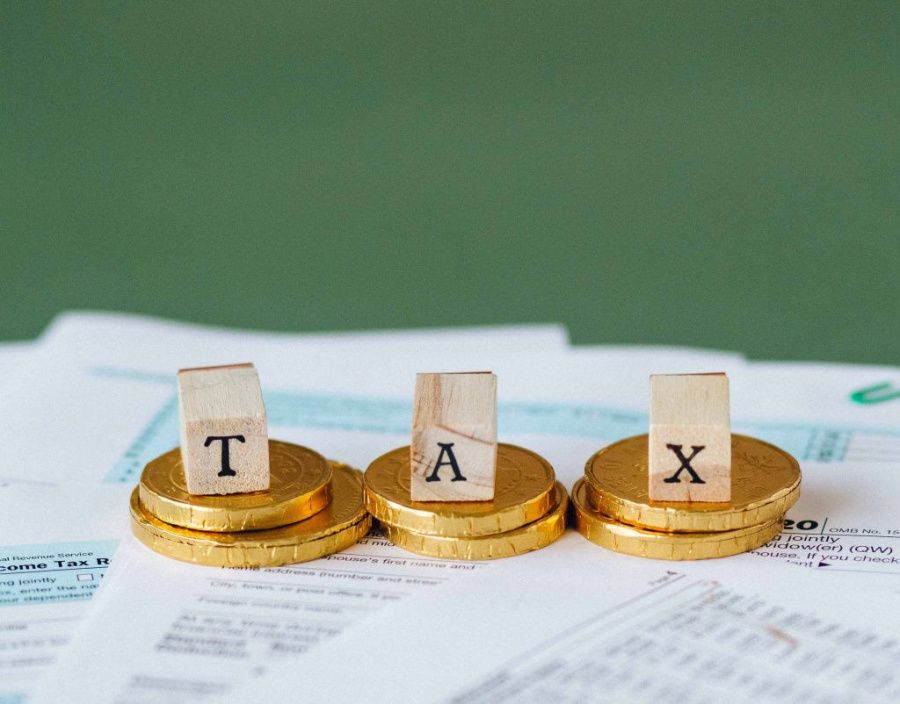The US Internal Revenue Service is to Hunt Down Tax Evaders Who Use NFTs in 2022

The growing popularity of the NFT industry has caught the attention of US tax authorities. Officials expect the number of tax evasion cases involving NFTs to increase significantly in 2022.
The US Internal Revenue Service (IRS) will hunt down tax evaders from the NFT industry even despite the lack of certainty in regulations. Currently, creators of NFTs must pay 37% income tax. While investors funding NFTs are subject to capital gains tax, which is 28% for "collectibles" and 20% for stocks and cryptocurrencies.
The problem is that there is currently no clear framework or even regulatory stance on NFTs. For example, IRS has not yet decided whether tokens should be treated as collectibles or as stocks and cryptos. This uncertainty confuses both creators of NFTs and investors, as it threatens them with a lot of additional paperwork.
Adam Hollander, one of NFT creators and investors, told Bloomberg that he has spent about 50 hours dealing with the red tape and reporting. He argued:
"It's an absolute nightmare. There are people who aren't going to be willing to do what I'm doing."

Escaping the red tape
In fact, he may be right, and the growth of the NFT industry in general could lead to an increase in the number of tax evaders. According to a report by Chainalysis, the NFT market grew to $44 billion in 2021. At the same time, total annual returns amounted to 8,000%, as reported by Kraken Intelligence. Therefore, the industry’s popularity seems to grow further in 2022.
Meanwhile, NFT owners and investors may have difficulty calculating how much money they will have to pay in taxes. These difficulties and uncertainties could tempt them to evade taxes. In fact, it is probably not the need to give away money, but the abundance of red tape that turns people into tax evaders.
For this reason, officials at IRS expect to see an increase in cases of NFT-related violations. On the other hand, cracking down on tax evaders and the market in general may not be as effective as developing a clear and simple set of rules. Thus, authorities will need to develop clear and understandable rules over time.
Price
Coin expert
News
News
Price

(0 comments)